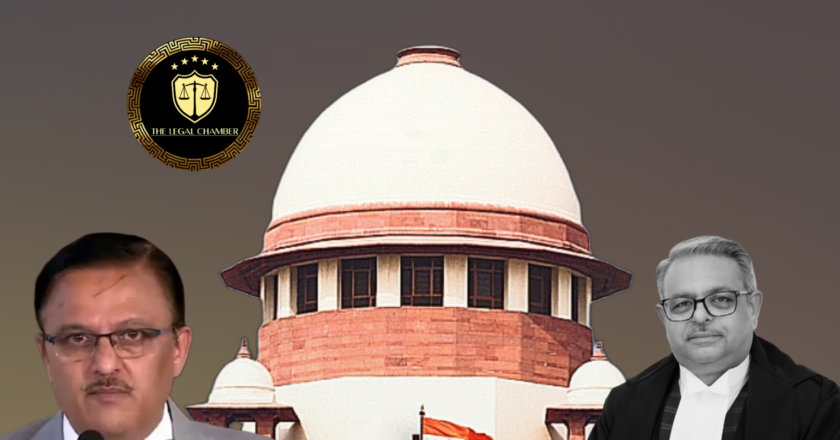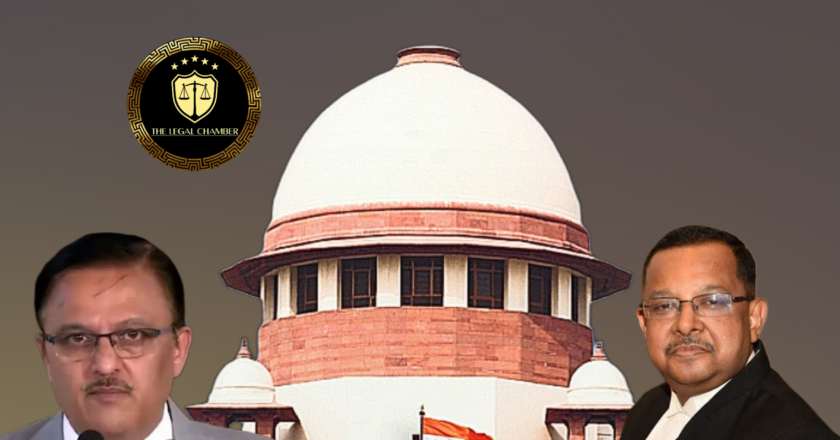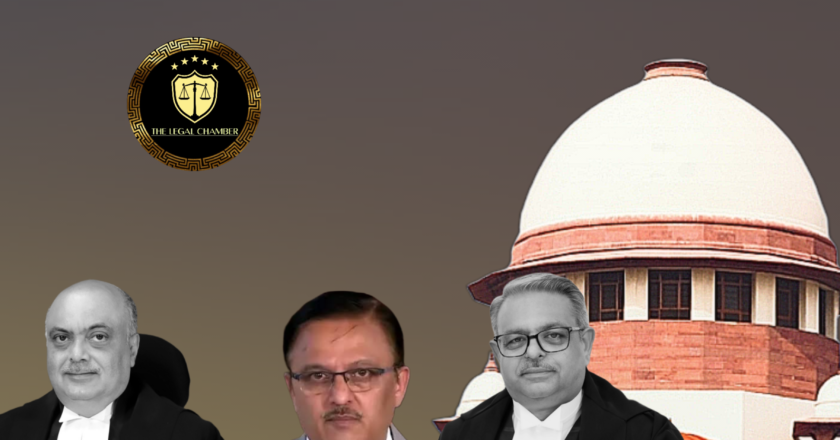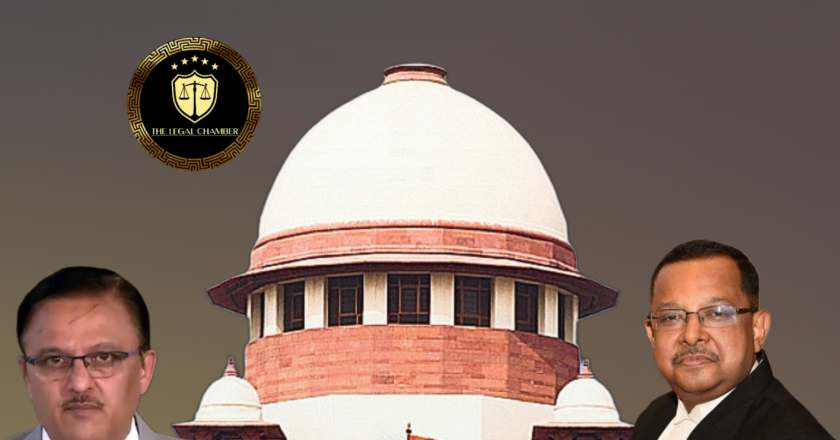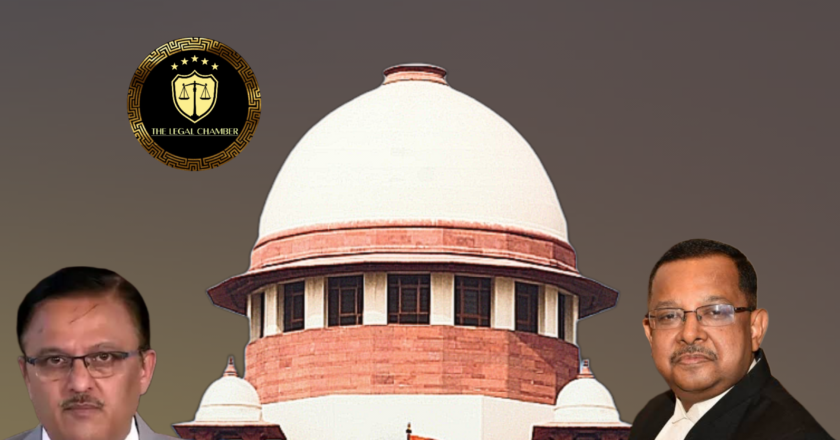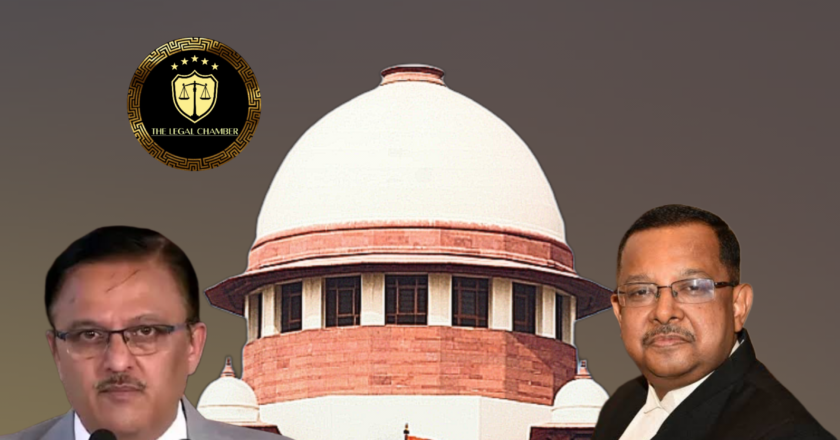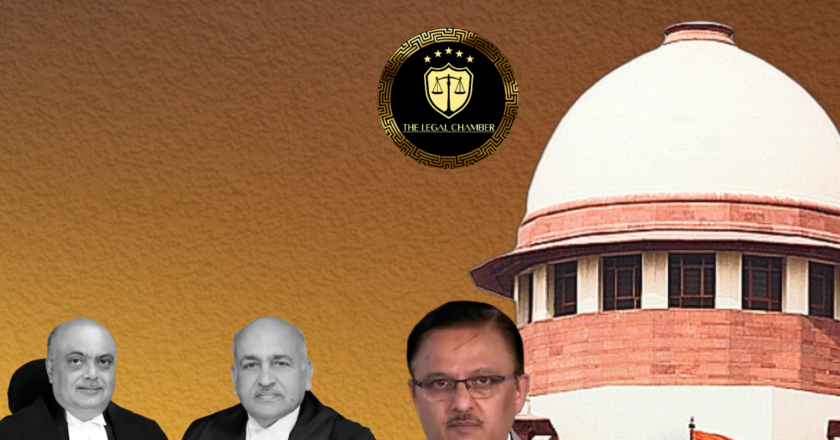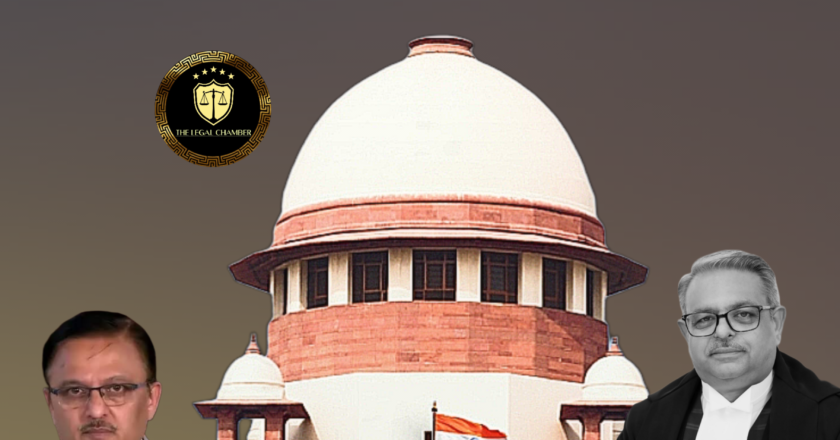Supreme Court Orders Digital Portal & Patrol Teams to Curb Illegal Occupations on National Highways
The Supreme Court issued directives under Article 32 to strengthen implementation of the Control of National Highways Act, 2002, emphasizing statutory obligations to prevent highway encroachments. It mandated grievance redressal mechanisms (portal/toll-free number), regular inspections, and surveillance teams while underscoring the Highway Administration's duty to enforce Section 26 (removal of unauthorized occupation). The judgment established procedural safeguards for encroachment removal and ordered Standard Operating Procedures for transparency, affirming judicial oversight through continuing mandamus to ensure compliance with road safety norms.
Facts Of The Case:
The writ petition was filed by Gyan Prakash under Article 32 of the Constitution, highlighting alarming road fatalities (...
